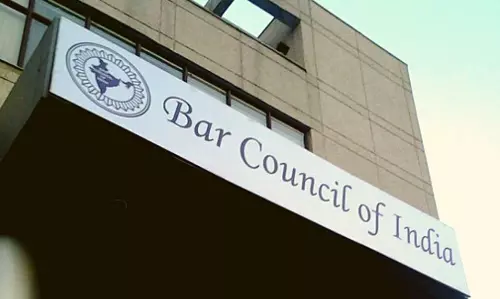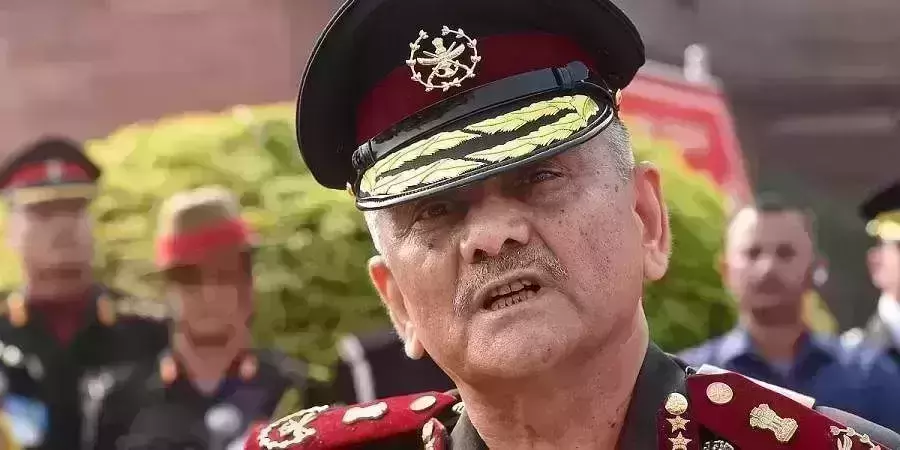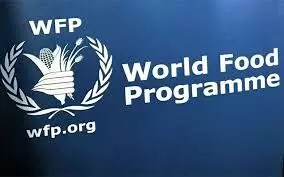
India in the Nobel Peace Prize context
text_fieldsThis year's Nobel Peace Prize has gone to UN's World Food Programme (WFP). The Nobel Committee has said it conferred the honour on the organisation for "its efforts to combat hunger", and " for its contribution to bettering conditions for peace in conflict-affected areas". Nobel committee chairwoman Berit Reiss-Andersen also said that the UN arm acted as "a driving force in efforts to prevent the use of hunger as a weapon of war and conflict". The citation also gave tall praise to the peace efforts conducted by WPF in areas where occupation and internal conflicts brought destruction including countries like Yemen, South Sudan and Afghanistan.
WFP, formed in 1961, supplies food to 100 million people every year. In addition, for decades it has been rendering voluntary services in regions of conflict and rehabilitation of poverty-stricken people. The award is expected to catalyse the endeavours of WFP which is currently working with the aim of making the world free from hunger by 2030. In spite of its limitations, the body truly deserves what it has won now. According to data released by UN, 8.25 crore people of the world are suffering from food insufficiency. In other words, about nine crore people are living in hunger. This is not because of occupation or internal conflicts, but other factors like the Covid pandemic, global warming and natural calamities do lead to food crisis. With discussions about global food crisis active in the air, there are several dimensions to an organisation committed to combating hunger winning the Nobel Peace Prize. And these are more relevant in Indian context too. For, our country has also started witnessing the ravages of food shortage in an unprecedented manner. The factors that directly cause a people being led to poverty are economic crisis and unemployment. This will get aggravated by internal migration, natural disasters, pandemic and political uncertainties – all factors that exist in India in the new scenario. That the note-ban and GST (Goods & Services Tax) which were introduced in the name of economic reforms. plunged the country into an abyss of economic crisis, is admitted by even Modi loyalists. The country is going through an unemployment rate that is the highest in the last four decades. The political uncertainty caused by communal riots and racial attacks that have happened all over the country with the blessings of Hindutva movement, made the path to poverty that much easy.
On top of all this, the Covid pandemic came as a thunder shock. These adverse conditions also led the country to hunger, more than anything else. India's ranking in the global hunger index at present is below Pakistan and Sri Lanka. And the reports that the misery caused by the pandemic forced the people to reduce their food intake to two meals a day, proves that we are gradually turning into a nation in hunger. The fact that a country which had rescued 25 crore people from hunger during 2001-2015 went down to this plight, should make any one sit and think. But this is a tragedy that resulted from a regime advancing along its sole agenda of communalism. By implication, this year's Nobel award also brings into focus this tragedy too. It also imparts a lesson that India is not far from South Sudan, Somalia and Yemen in this respect. This is a time when we need to ask whether the ruling establishment will be prepared to accept this truth. Or else, our country also may become an illustration of hunger.
























